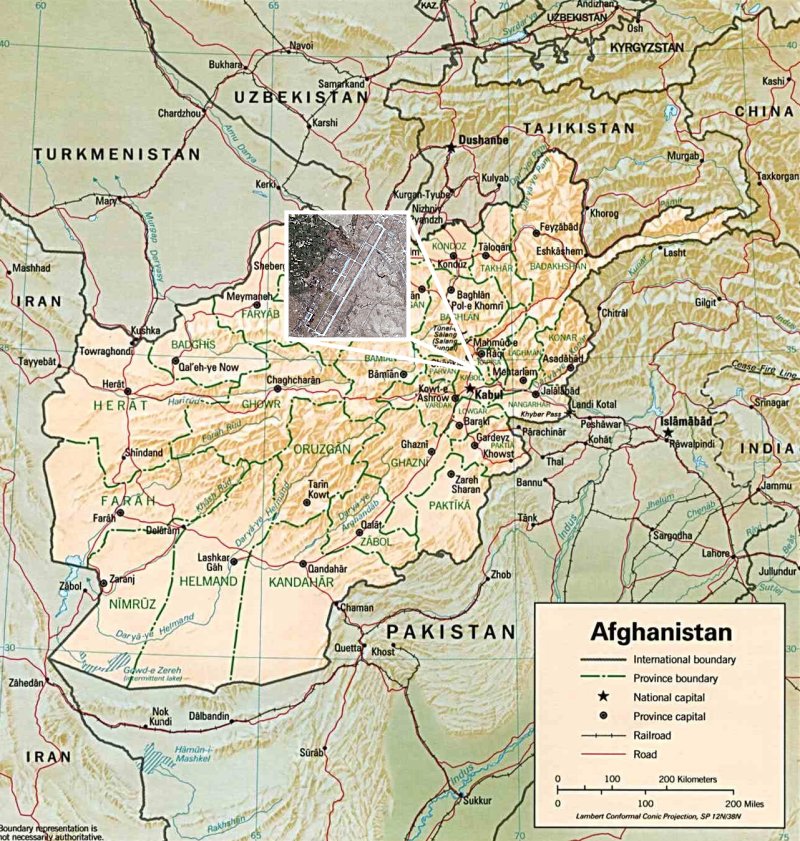It took a matter of days for the Obama administration to get baptized into the irregular and hard to define modern way of warfare we live in today and one of their first decisions appears to be under fire, at least mildly. In late February, Obama administration Justice officials, in a two sentence court filing, stated that it agreed with the Bush administrations’ legal view that the prisoners at Afghanistan’s Bagram prison were not allowed to challenge their detention in US courts. The ruling received slim news coverage and some backlash from human rights groups, but otherwise passed unnoticed.
While today, United States District Judge John D. Bates ruled against this policy by stating that three detainees, who were captured outside of Afghanistan, two from Yemen and one from Tunisia, and brought to Bagram, had the same legal rights that the Supreme Court last year granted to prisoners held at Guantánamo Bay, Cuba. In other words, these detainees had the right to have their cases heard in a US civilian court. It is important to note that this ruling is rather narrow and for the moment only concerns these three individuals, who were brought to Bagram from other states.

Bagram Base/Prison Location
It is unknown how many of the 600 or so reported prisoners at Bagram are from foreign lands outside of the immediate war zone of Afghanistan and Pakistan, but it is thought to be very few. I am no international law or Geneva Convention expert, but this method of bringing foreigners, who do not have a solid connection to the war in Afghanistan, to Bagram seems a little dicey. That being said, I sympathize with those US government and military officials trying to solve where to put these people. This ruling also makes me wonder how many of the prisoners in Bagram are Pakistani or Central Asian, and would this make them also fall under Judge Bates’ ruling? One would think Pakistan and certain Pakistanis are integrally partaking in active warfare against the Afghan and Pakistan state and US/NATO presence and that this would make them acceptable prisoners of war, or enemy combatants.
In a story which emphasizes the complexity and seriousness of this ruling and issue, US officials have confirmed that one of the Taliban’s current top operations officers is a former prisoner at Guantanamo Bay. Abdullah Ghulam Rasoul was among a group of 13 prisoners released in 2007 to the Afghan government and is now actively fighting to destroy it.